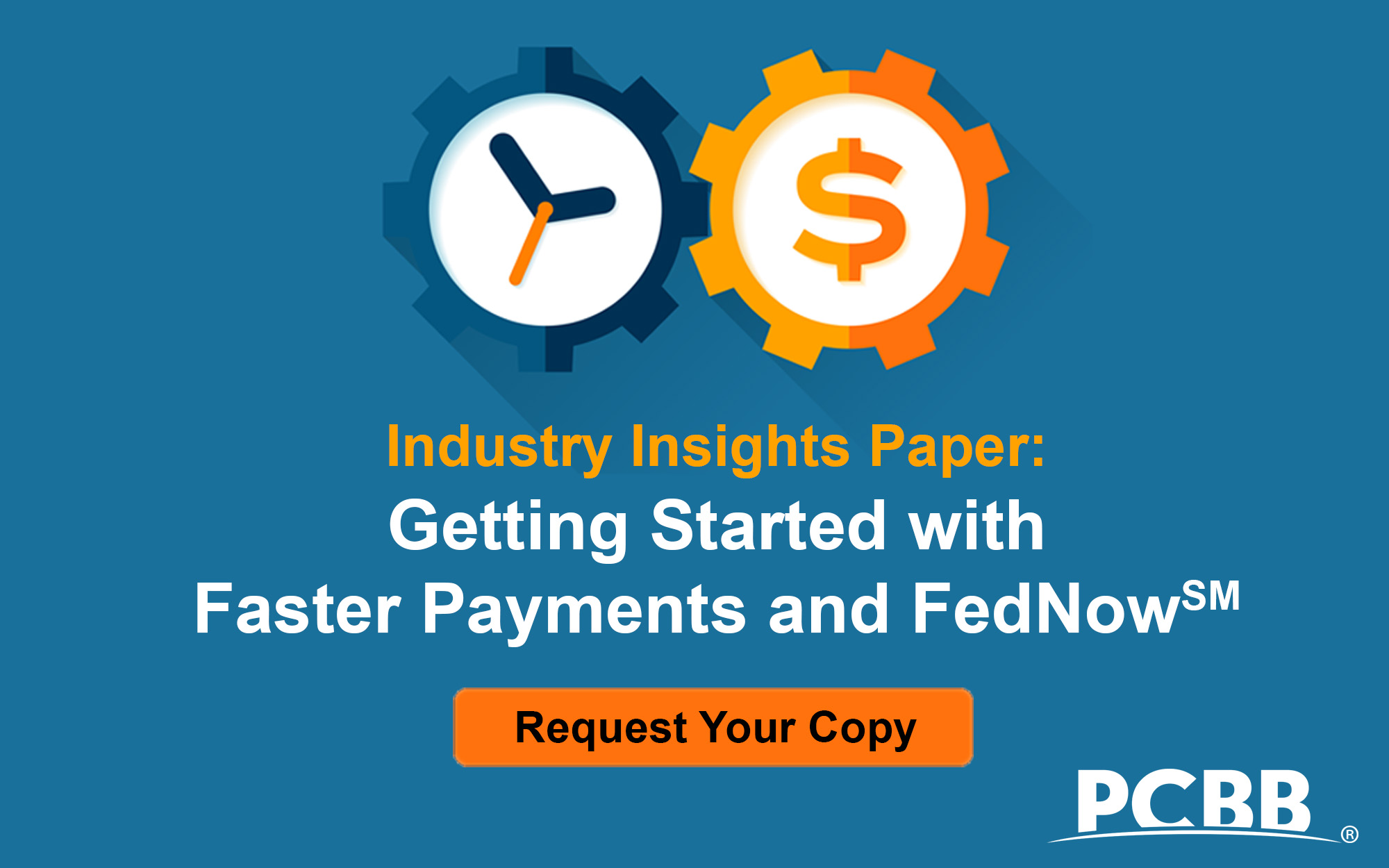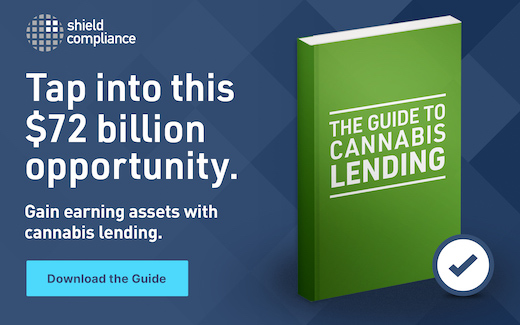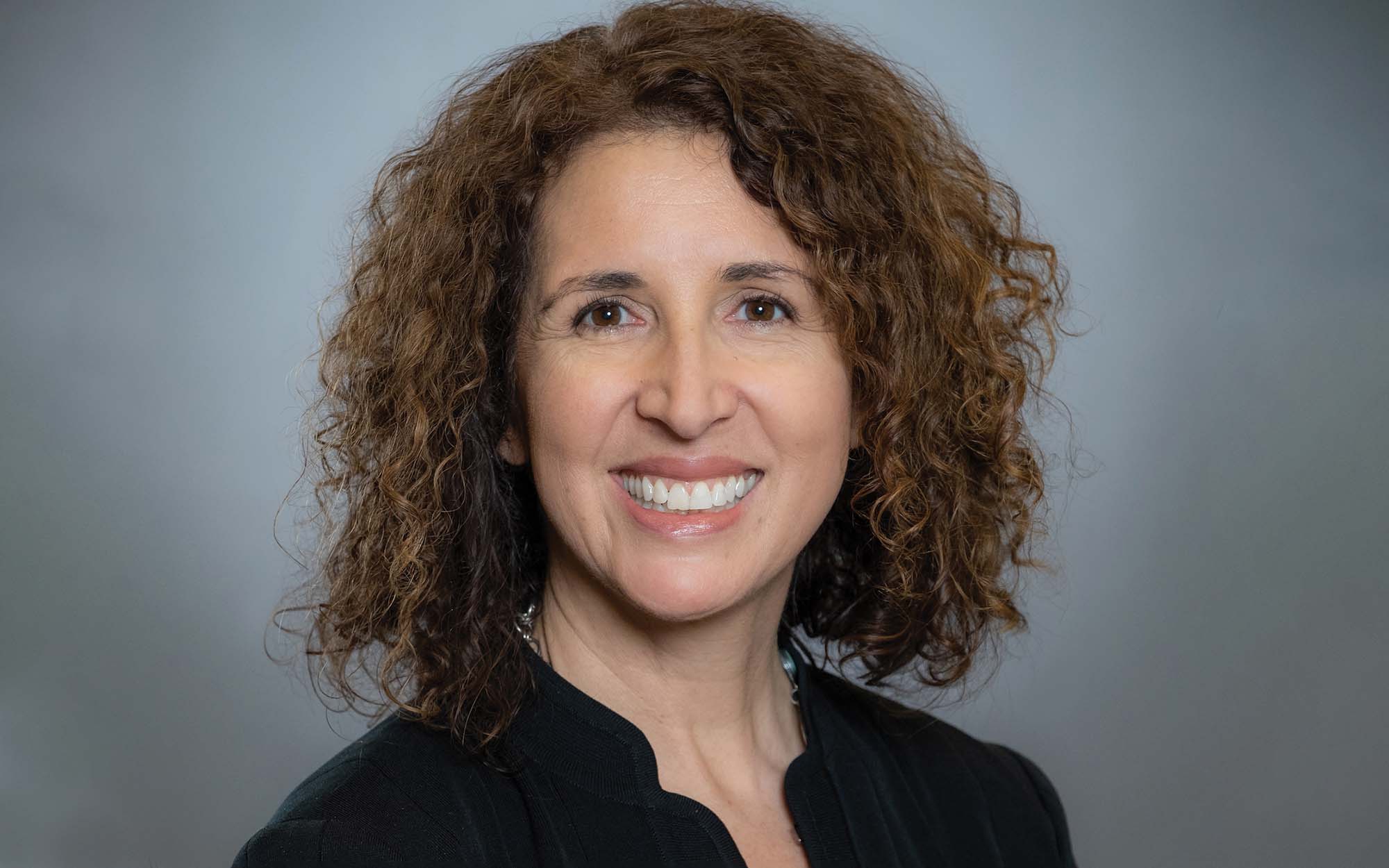For the banking industry, marketing can be finicky. It’s all about building the message, finding the right platform and timing it well. ICBA offers the “Tell Your Story” Marketing Communications Toolkit exclusively to members as a supplement to your community bank’s creative efforts. It offers professional tips that will help fine-tune your approach and set your marketing strategy up for success. Here’s a preview.
Explore the toolkit
Browse the entirety of the Marketing Communications Toolkit with even more informative content, including Social Media 101 and ICBA Social Media Monitor.
1. Craft your message
Before your story can be heard, it needs a solid foundation to ensure it’s shared.
Establish a relationship with the media. If you approach the media, identify reporters who cover the area and topics relevant to your needs. When you find the right journalists, search news distribution services for their contact information. Researching the reporters and their news outlets—and keeping up with them through social media or newsletters—will also help you understand how your story will fit into their coverage and overall narrative.
Before pitching your story to media outlets, determine what you’re trying to say, why it’s an important story and how it fits their audience. And when pitching, be quick and straightforward with your messaging, accommodate the reporter’s schedule and respect their time. Once you establish a rapport, you can become a resource for them and offer notable stories and a unique perspective when appropriate.
Understand the platform. From print and online to television and podcasts, different mediums require different considerations. It’s also important to know how to conduct yourself during an interview (see sidebar). What should you keep in mind for print, online, audio and visual media?
With print and online publications—such as newspapers, magazines or website articles—you have to consider their timelines. Print publications will likely have long lead times, while online ones will have shorter deadlines. The toolkit offers specific guidelines on writing and placing news releases and op-eds.
When being featured on the radio or in a podcast, your voice, inflection and pace are key factors. To be successful while being interviewed on the phone or in studio, avoid noise and be animated with your voice and delivery. And as a precaution, always assume that your microphone is on.
Twitter, Instagram and Facebook can help raise awareness for local banking and its significance through a variety of posts and videos, helping foster a human connection to your bank.
Unlike the other formats, your visual appearance will be captured for television and video interviews. Presentation is everything. That means you should maintain good posture, eye contact and a regular voice tone and volume. When you’re speaking, always lead with the most important message. Similar to audio recordings, remember that you’re on camera.
2. Leverage different channels
While many community banks can’t afford to have a full-time social media manager, they still should be able to reap the benefits that social media presents. Twitter, Instagram and Facebook can help raise awareness for local banking and its significance through a variety of posts and videos, helping foster a human connection to your bank. In addition, it’ll help nurture both your current and potential customer relationships.
3. Plan ahead
Posting on social media around holidays, during months of recognition or after major events can make a big difference in connecting with your audience. Taking the time of year into consideration will help you provide timely, relevant content. Research these schedule opportunities, like Data Privacy Week in January, so that you can plan related posts or campaigns throughout the year.
–Rachel Hatcher
Ace your interview
Six tips for great results
Get the facts up front: If a reporter asks to interview you, ask questions to clarify what they will ask, what the story covers, as well as other vital information such as the story angle.
Prepare in advance: Establish your talking points and read up on the topic and interviewer. Additionally, avoid impromptu interviews.
Speak clearly, thoughtfully and concisely: Write down what you plan on saying during the interview, and try recording your responses and listening back with colleagues.
Confirm spelling and title: For accuracy, spell out both your name and the name of your community bank for the reporter. Be sure to include your full title.
Maximize the opportunity: When asked if you have any questions, take the opportunity to reemphasize your key points and message.






